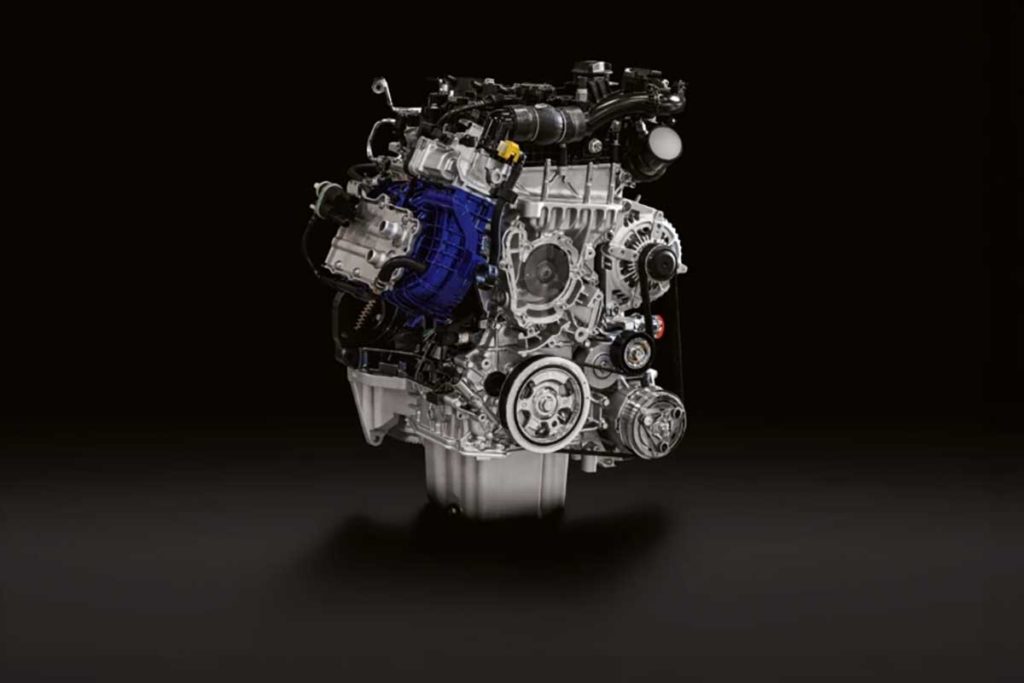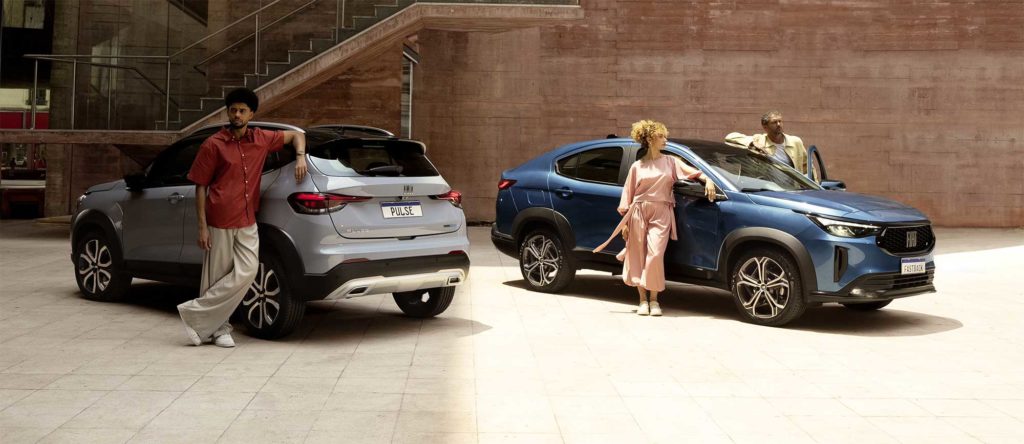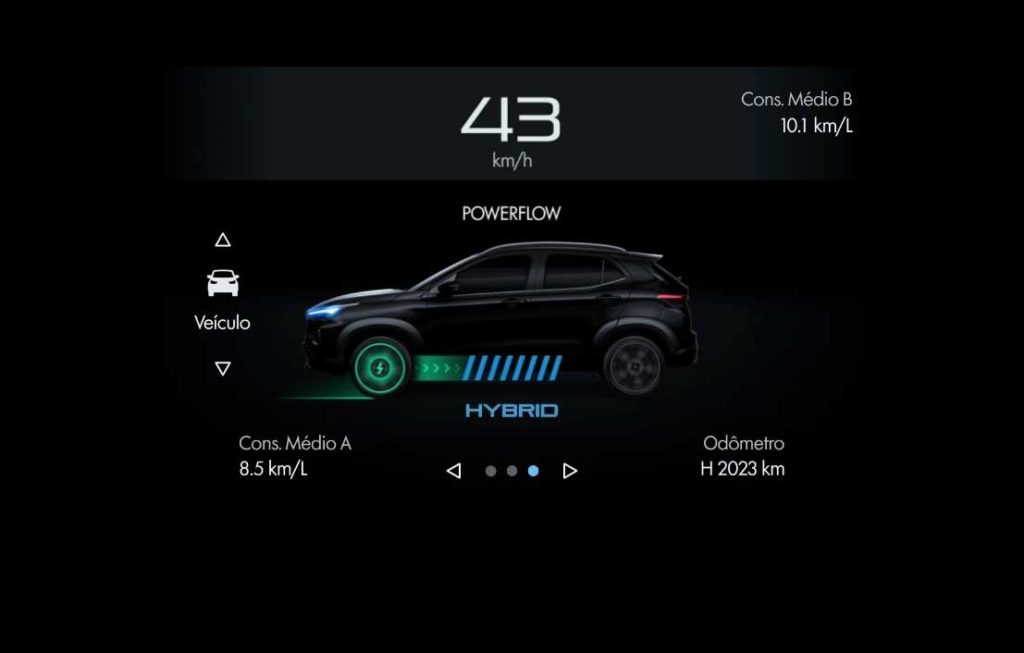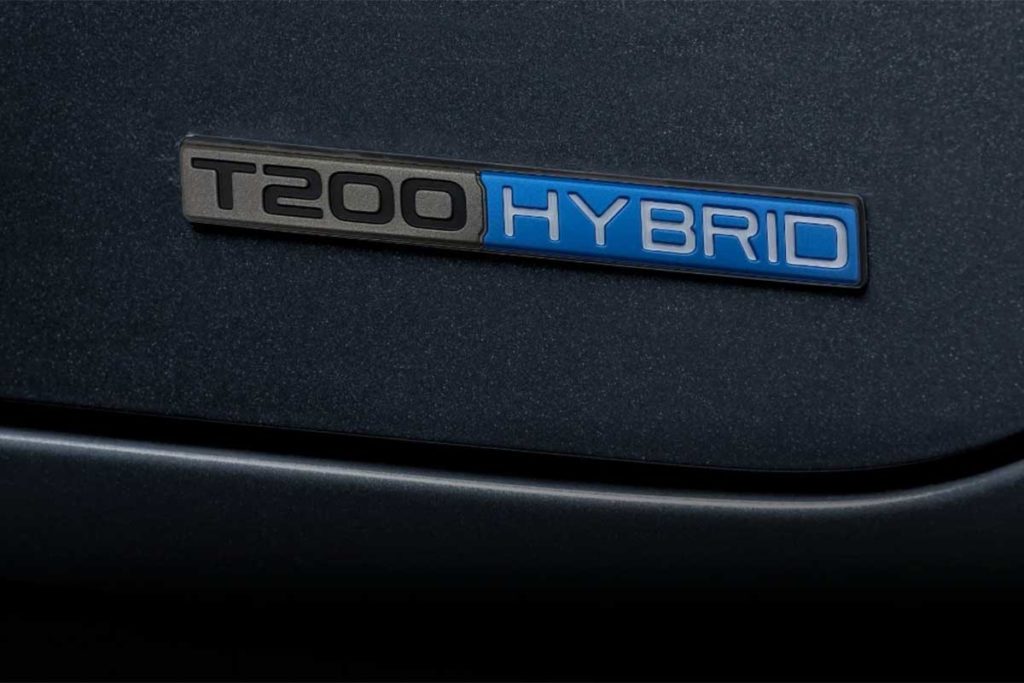
Fiat has just unveiled an innovative hybrid engine in Brazil, designed to run on ethanol, a fuel much in demand in Latin America. In this region accounts for nearly 50 % of its worldwide salesFiat reaffirms its commitment to clean, affordable mobility solutions. While its European models evolve towards Puretech hybrid powertrains, Fiat continues to rely on its GSE FireFly engine in Latin America, with a 130 hp, 1.0-liter T200 Hybrid. Equipped with a seven-speed automatic gearbox, this engine is now compatible with ethanol, significantly reducing fuel consumption.
Bio-Hybrid: hybrid technology adapted to Latin America

Fiat's new hybrid technology, known as Bio-Hybrid, is the first of its kind in Europe. introduced on Pulse and Fastback SUVs. By combining electrification with a combustion engine running on ethanol, this pioneering technology aims to reduce CO₂ emissions while remaining accessible to drivers. Thanks to Stellantis' worldwide research center in Betim, Brazil, Fiat has been able to develop a lightweight 12-volt hybrid system with two batteries, a 68 Ah lead-acid battery and an 11 Ah lithium-ion battery under the driver's seat. This multifunctional electric motor replaces the traditional alternator and starter, delivering 3 kW of power to assist the combustion engine and optimize fuel consumption.
A significant improvement in efficiency
According to Fiat, the adoption of this engine made it possible to a reduction in consumption of 11.5 % for the Fastback and 10.7 % for the Pulse in city driving, whether on petrol or ethanol. These hybrid models, already on the market, could inspire the deployment of this technology in other segments of the range. The T200 Hybrid engine offers a variety of operating modes to enhance efficiency:
- e-Start&Stop activates Start-Stop to reduce fuel consumption by switching off the engine when stationary.
- e-Assist provides extra torque during acceleration, contributing to improved performance and lower fuel consumption.
- Intelligent alternator charges the batteries according to their level, ensuring the vehicle's energy needs are met.
- e-Regen Energy recovery: recovers deceleration energy to recharge the batteries, capturing up to 25 % of the energy normally lost.
Enthusiastic feedback from Brazil
Initial feedback from the road confirms the effectiveness of this technology. Brazilian journalist Marlos Ney Vidal was able to test the Pulse T200 Hybrid in real-life conditions. He compared it with the conventional version, he observed a consumption gain of 30 % on the same urban route, i.e. an average consumption of 6.1 km/l with the hybrid model versus 4.3 km/l for the conventional version, under identical driving conditions.

Fiat has also optimized the user experience. Drivers can view fuel consumption and battery charge levels in real time via the digital dashboard. This feature encourages more economical driving, allowing the full potential of the mild hybrid system to be exploited.
The future of Fiat engines in Latin America

With this initiative, Fiat continues to innovate in a sector in transition. Bio-Hybrid technology is a strategic choice, adapting to the specific needs of Latin America, where ethanol is already widely used. Fiat's T200 Hybrid engine represents a step forward in accessibility and fuel efficiency that we'll probably never see in Europe.
I can't wait to see Alfa's inivation instead of this Puretech hybrid! And a real Italian design! 🙏
In my opinion, this would have been an interesting solution for European Italian ranges instead of PSA's unreliable 1.2 Puretech Hybrid.
And in Europe we're stuck with the cardboard PureToc...
This engine would be great for the European Italian range instead of the unreliable Puretech.
A useful article in these stormy times for stellantis Europe. However, there must be an inversion in the fuel consumption figures, with the hybrid consuming 30% less than the internal combustion version. I hope you'll continue to provide articles on these popular and reliable powertrains. We need this positivism, so thank you.
hello these are km/l and not l/100. The more km/l, the more efficient.
Ah, finally some good news, FIAT and its innovations are not dead yet. Let's hope that Fiat abandons the PURE SHIT of Peugeot Citroën. Fiat is far better than its Franco-German cousins !!!! @@@@
I can't wait for these reliable and economical ethanol engines for the workers.
6.1 kms/l is enormous; unless I've miscalculated, that would give 16.39 L per 100 kms .... so ok it's pure ethanol but it's a lot I think, on average it's 30 % more than petrol, that's 9 l ethanol against 7 l petrol.
I've re-read the journalist's test and he says that thanks to the hybrid, on the same route, an 11 km urban run, he went from 4.3km/l to 6.1km/l.
Here's a question!
Is Fiat Brazil an autonomous entity within the Stellantis galaxy?
This could explain these decisions, which run counter to those taken with regard to Italian brands in Europe.
And these decisions, in my opinion, being taken in spite of common sense and against the interests of the Italian brands, will eventually cause their collapse, and therefore their takeover, or even their total disappearance!
In whose interest ??????
Who benefits? ?????
Is the same battery and alternator as the fiat 500 and fiat panda hybrid?